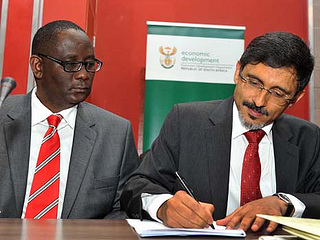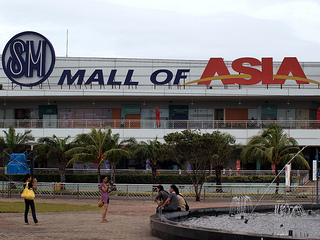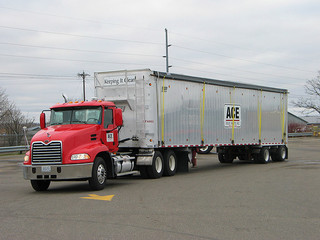Key Terminology: Procurement

There are tons of terms related to procurement, many of which are so commonplace or self-explanatory most people don’t need a glossary to understand them. Here is a list of key procurement terms, especially acronyms, that can be confusing without a definition.
This article is for Premium Members only. Please login below to read the rest of this article.
Not a Premium Member yet? Become one today.
[login_form redirect=’https://www.procurementbulletin.com/key-terminology-procurement’]
[show_to accesslevel=’Premium Members’]
Abstracting
The process of listing all the bidding contractors and their prices in order to identify the most qualified contractor offering the best value for goods or services.
Alternate Bid
A bid to supply a product that differs in some way from the product originally specified in the request for a bid.
ARO
After Receipt of Order; the period of time after the goods are delivered from the supplier to the purchaser.
Bill of Lading
The contract or receipt provided by the carrier of the goods (transporter) listing the goods it received to be transported.
Blanket Order
Establishes a length of time during which the vendor agrees to provide goods or services on demand. This is a purchase on demand contract.
Bond
This is a measure of protection, assuring some degree of payment in the event the terms of the contract are not fully met.
Compliance
The extent to which the supplier conforms to the terms of the contract.
Consideration
Something of value, usually money, paid by the seller to the buyer for goods or services delivered which are not in compliance with the contract.
Demurrage
The payment required and paid due to a delay in loading or unloading of goods. This term applies to goods loaded or unloaded from a train, ship, truck, or other automobile.
ED
Economically Disadvantaged Area Business; must be 51 percent owned and operated by the U.S. Only the Department of Labor can designate a business as ED.
EPP
Environmentally Preferred Product; a product deemed more environmentally friendly than other products which do the same thing. This includes recycled products, products which save water or power, products which produce less waste, etc.
LTL
Less Than Truckload; an amount of product that does not constitute an entire truckload.
Life Cycle Costing
The entire cost of a product during its lifetime, including how much it takes to acquire, how much it costs to operate and maintain, and how much it costs to dispose of.
Lowest Responsible Vendor
The vendor who offers the lowest price, but is also proven to be reliable in terms of past performance and reputation.
NAICS
North American Industry Classification System; formerly called SIC; business classification system to make statistical data on industries more uniform and easier to compare.
NAPM
National Association of Purchasing Management; a nonprofit organization of public and private buying agencies.
NASPO
National Association of State Purchasing Officials; an organization of procurement representatives working toward making state purchases more efficient; an affiliate of the (CSG) Control of State Governments.
NIGP
National Institute of Governmental Purchasing; a conglomeration of purchasing agents from the federal, state, and local levels offering education and technical assistance.
RFB
Request for Bid; a solicitation for bids listing specifications, terms, and conditions which are not subject to negotiation.
RFP
Request for Proposal; a solicitation for a bid wherein all the details are not set forth. Responses are open for negotiation.
TG
Targeted Group Business; a business owned by a minority, woman, or disabled person providing goods and services.
Some of these terms specifically apply to procurement by the government, but most are encountered by procurement professionals at some point. When dealing with government contracts, be sure to consult the specific branch or entity for their particular rules and regulations, as these vary across federal, state and local agencies. [/show_to]








